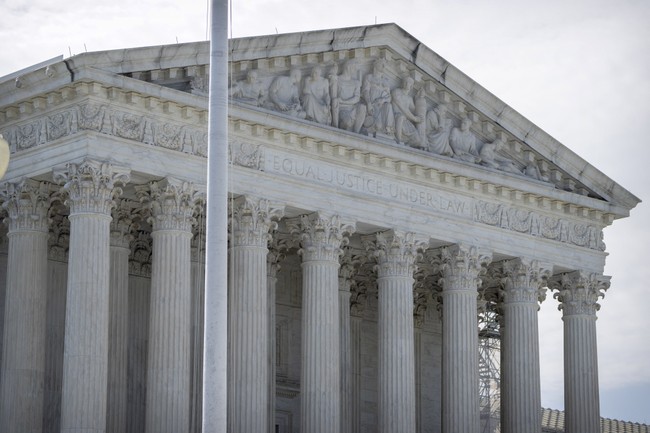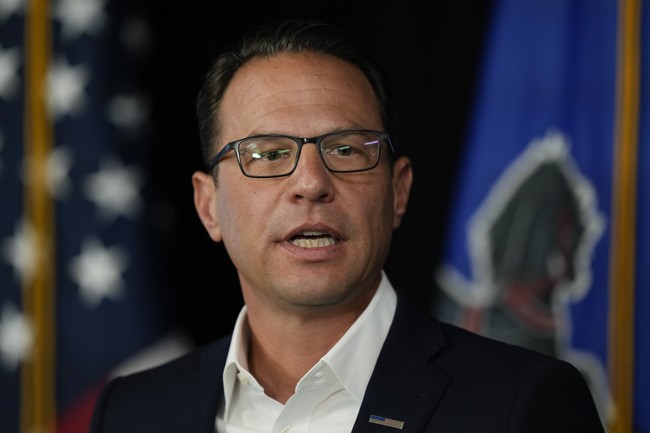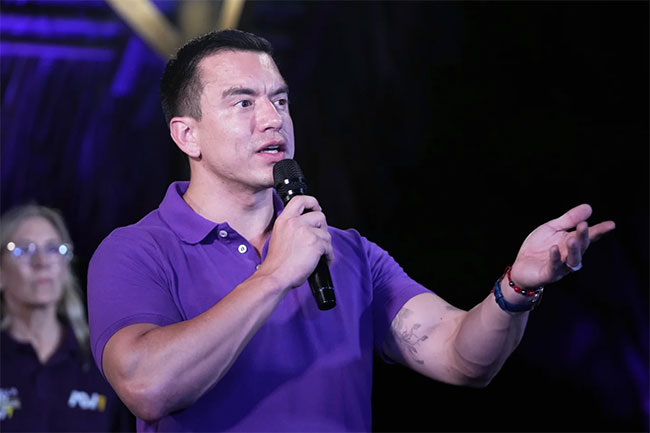Death Penalty Debate Intensifies in CEO Murder Case
The murder of a UnitedHealthcare CEO has sparked fierce debates over the death penalty, highlighting deep-seated issues in the American legal system as Luigi Mangione's trial unfolds.
Published April 12, 2025 - 00:04am

Image recovered from newsday.com
The case of Luigi Mangione, accused of premeditated murder of UnitedHealthcare CEO Brian Thompson, has reignited debates about the death penalty in the United States. The events unfolded last year when Mangione reportedly shot Thompson in Manhattan as part of a calculated vendetta against the health insurance industry.
Attorney General Pam Bondi has spearheaded the push for capital punishment in this case, framing it within a broader agenda aligned with former President Trump's policies to curb violent crime. Bondi described the murder as a 'cold-blooded assassination' that rattled the nation, and emphasized that such a punishment would reinforce efforts to 'Make America Safe Again.'
This robust stance has raised considerable controversy and opposition from Mangione's legal defense. Lawyer Karen Friedman Agnifilo criticized Bondi's approach as a 'political stunt,' alleging that the death penalty push deviated from standard judicial processes. The defense accused federal prosecutors of seeking capital punishment prematurely, foregoing the traditional timeframe for the defense to prepare an opposition brief.
Mangione's case is further complicated by his background; he hails from a notable Maryland family and is a graduate of a reputable university. Arrested in Pennsylvania with incriminating evidence, including a silencer and anti-healthcare manifestos, Mangione remains at the center of national discourse on law enforcement and justice.
Beyond the courtroom, Mangione's actions have surprisingly gathered sympathetic supporters who critique the American healthcare system. This support has manifested in certain areas of social media where individuals, albeit misguidedly, label him as a revolutionary figure.
Opponents of Bondi's strategy cite examples of perceived disparities in the application of the death penalty. They juxtapose this case with contrasting legal outcomes, such as the life sentence given to Patrick Crusius, the Texas perpetrator of a mass shooting that left 23 dead. Critics argue that the inconsistency and perceived bias in these cases undermines the rationale behind capital punishment.
Analysts highlight the broader implications of this debate. The U.S. capital punishment system is criticized for being marred by its inconsistency, potential for error, and its disproportionate application. They stress that decisions on life and death should not hinge on variables such as geography, victim profile, or social status, which appear to skew impartial justice.
The case stirs memories of historical precedents, such as the infamous murder of John Lennon. Like Mangione, Lennon's killer remains imprisoned for life, an outcome that underscores the non-uniformity in capital punishment sentence implementation across states.
The trial's progress and decisions arrived at verdict can significantly influence ongoing discussions about the ethics, efficacy, and future of the death penalty. The dialogues transcend legal proceedings, prompting citizens and policymakers alike to re-evaluate the justice system's values and objectives.







